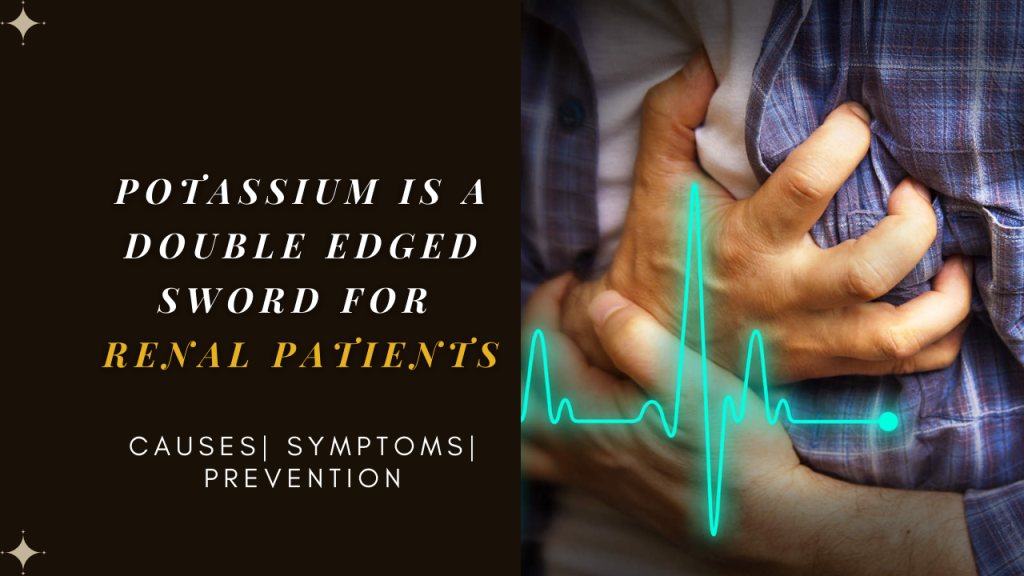
- 1836
- 2
Be alert High level of potassium can be a reason for heart failure!
Kidney patients are usually concerned about their creatinine levels, but did you know that your potassium balance is equally important?
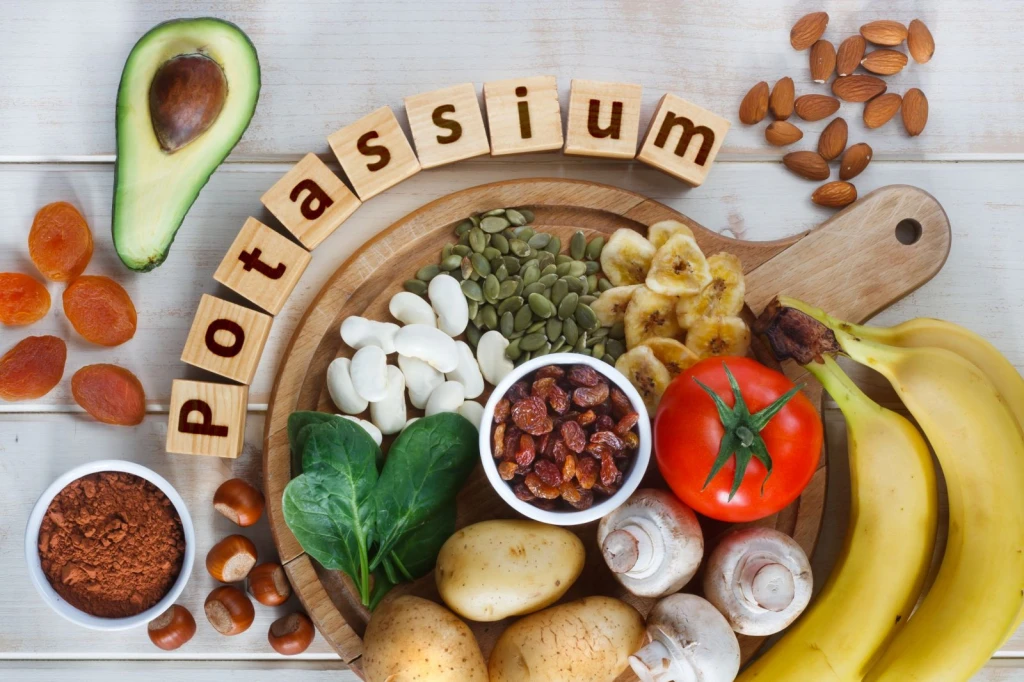
Mr. Shankar, one of my patient came up with his test reports which indicated potassium levels exceeding 6.3 mmol/L. He mentioned facing nausea and shortness of breath, uneasiness at times, thus his wife brought him for a check-up.
Now if you are facing any similar problem it is important to know that, Hyperkalemia or an increased level of potassium in the body is indeed a matter to be stressed on. Usually, it is seen that kidney patients have a higher level of potassium in the blood. Ignoring or delaying its treatment is not an option but an emergency about which patients must be alert of.
I, Dr. Pratim Sengupta, consultant Nephrologist and Renal Transplant physician will discuss today about hyperkalemia and how can it be cured.
Know what is normal and what is not –
Potassium is a significant mineral or cation in our body. If the potassium range is between 3.50-4 mmol/L, it can be considered normal. Now if the level of potassium increases and is observed to exceed mmol/L, then this specific condition is termed hyperkalemia.
How does hyperkalemia affect the body?
The reason is when the level of potassium increases the rhythm of the heart, i.e. the electrical pulse generation of the heart gets impacted which can lead to aberrant arrhythmia and even cardiac arrest which is fatal. Thus increasing potassium level is definitely not to be taken lightly. The kidney is the organ that helps the most in balancing potassium in our body, thus it is very important for patients with kidney disorders to be aware of hyperkalemia and its effect.
Hence it is to be noted that, anyone with a potassium level exceeding 5 mmol/L must remain alert to his body condition and get consulted to know the reason for increasing potassium level and how can it be stabilized.
Two vital reasons for an increased level of potassium in our body:
1. Excessive intake of food rich in potassium.
2. If for some reason the level of acidosis in our blood increases.
The main source of Potassium in our body is our diet. What we intake denotes the level of potassium in our body. Potassium is an intracellular cation, which means each cell of our body has potassium dissolved in it. If due to some reason our body develops acidosis, that is increased level of acid in our blood then the dissolved potassium in the cells passes to the blood (also known as potassium shift). The ratio of potassium in our cells and blood is 38:1, thus even a single percentage of potassium shift can be a reason for dangerous hyperkalemia. This is also a very serious condition as it might result in our heart getting affected or even take a fatal turn to cardiac arrest. To avoid this condition we must prevent the occurrence of acidosis.
What are the foods that contain low potassium?
It can really be challenging to remember the Potassium content of each and every food item. The Potassium content in any food can be categorized into three parts- (a) low potassium food, (b) moderate potassium food, and (c) high potassium food. As it is hard to calculate how much potassium would a hundred grams of food ad to your body we have come up with an easy and innovative process to calculate potassium levels in any food.

If you go to drpratim.com you will come across the site- potassium calculator, which gives you access to calculate the Potassium content in your food just by typing its name.
Citric fruits with high fluid content are usually rich in potassium. Namely Mango, Litchi, Orange, and so on are fruits that are rich in potassium. Other than that the essence of tea leaves is also high in potassium. Food sources like potatoes, and dates, are also rich in potassium.
Medicines can also be a reason for an increased level of potassium.
Few medicines that increase potassium levels are also the reason for hyperkalemia. Medicine such as ACE and ARB group of drugs for example- enalapril, losartan, and telmisartan, are mainly used to treat blood pressure, these types of medicines are angiotensin-converting enzyme inhibitors which might increase the level of potassium in the blood.
There are certain antibiotics that contain a potassium salt, for example, Augmentin (which contains potassium).
Few diuretic medicines like the Aldactone group of drugs may also be a reason for increased levels of potassium in the blood.
What are the Symptoms of hyperkalemia?
Shortness of breath
Heart palpitations
Chest pain
Nausea or vomiting.
How to know if you have hyperkalemia?
A blood test can easily capture the level of potassium in your blood. It is important to inform your physician about all the medicines you take, your diet, and anything significant.
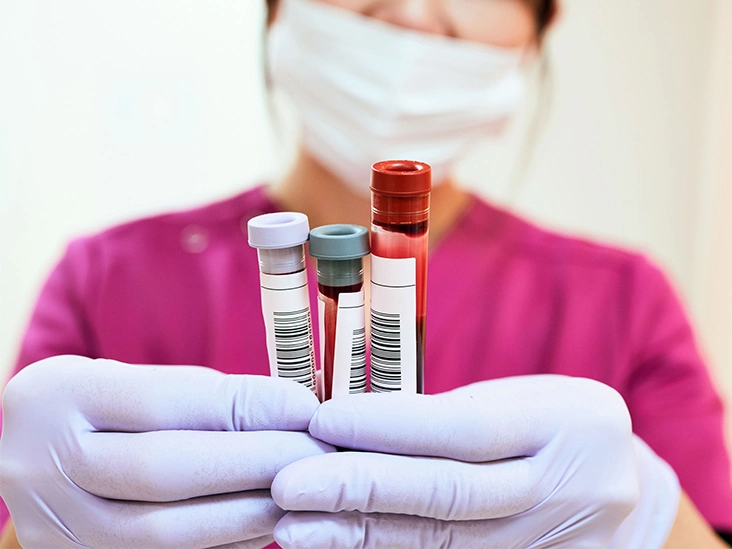
What amount of potassium intake is safe?
If you are already having hyperkalemia or you are on the verge of getting it is important for you to follow a diet that is low in potassium. More specifically consult your dietician to know what amount of Potassium is right for you. While an excess intake of potassium can be harmful, too little consumption of potassium can also be a major problem. So it is a dietician to know the right amount of potassium your body needs.
If anybody has a tendency of increasing level of potassium or his potassium count is high, the first thing that you must be aware of, are the the foods that are not rich in potassium, cooking methods that would reduce the potassium in your diet, and the medicines that built up your potassium level and medicines that affect your potassium level.
We nephrologists believe that potassium is hemlock because the increased level of potassium can be the reason for sudden heart attacks which can be fatal. So we recommend people to be careful about this, especially those with Kidney Disease.
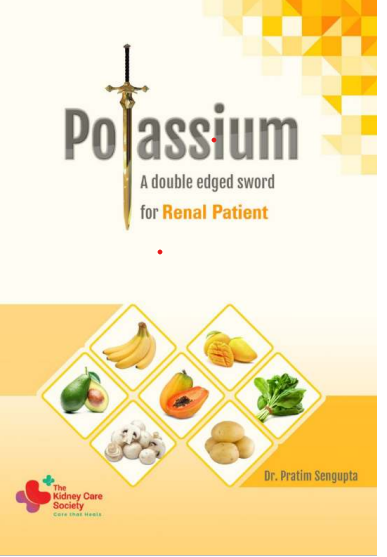
To know the complete detail on potassium balance, contact us to collect this Book- +91 6292 266 878
Comment
2022-12-13 10:48:34
hi
Check Your EGFR
***We Promise, no spam!



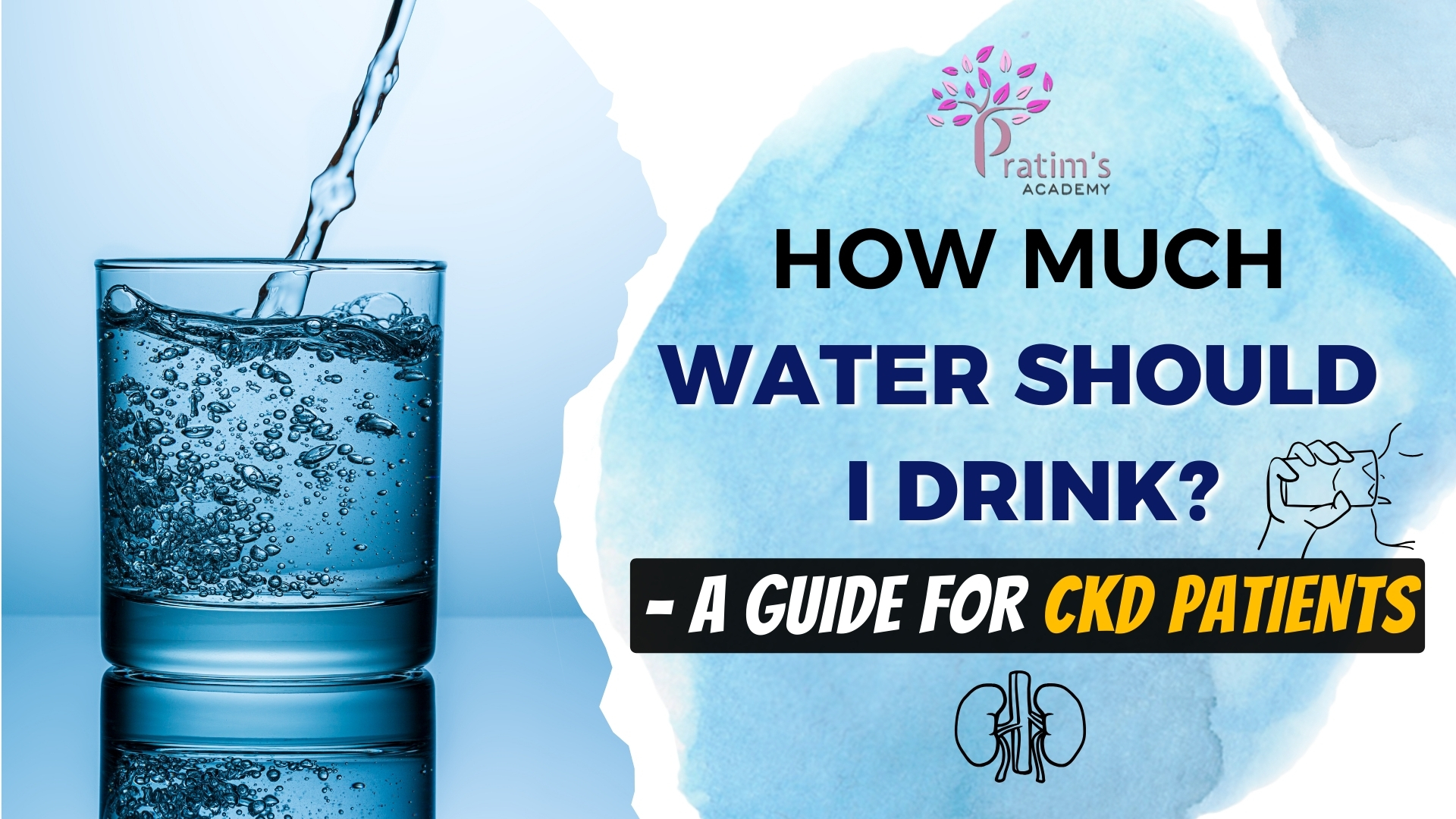

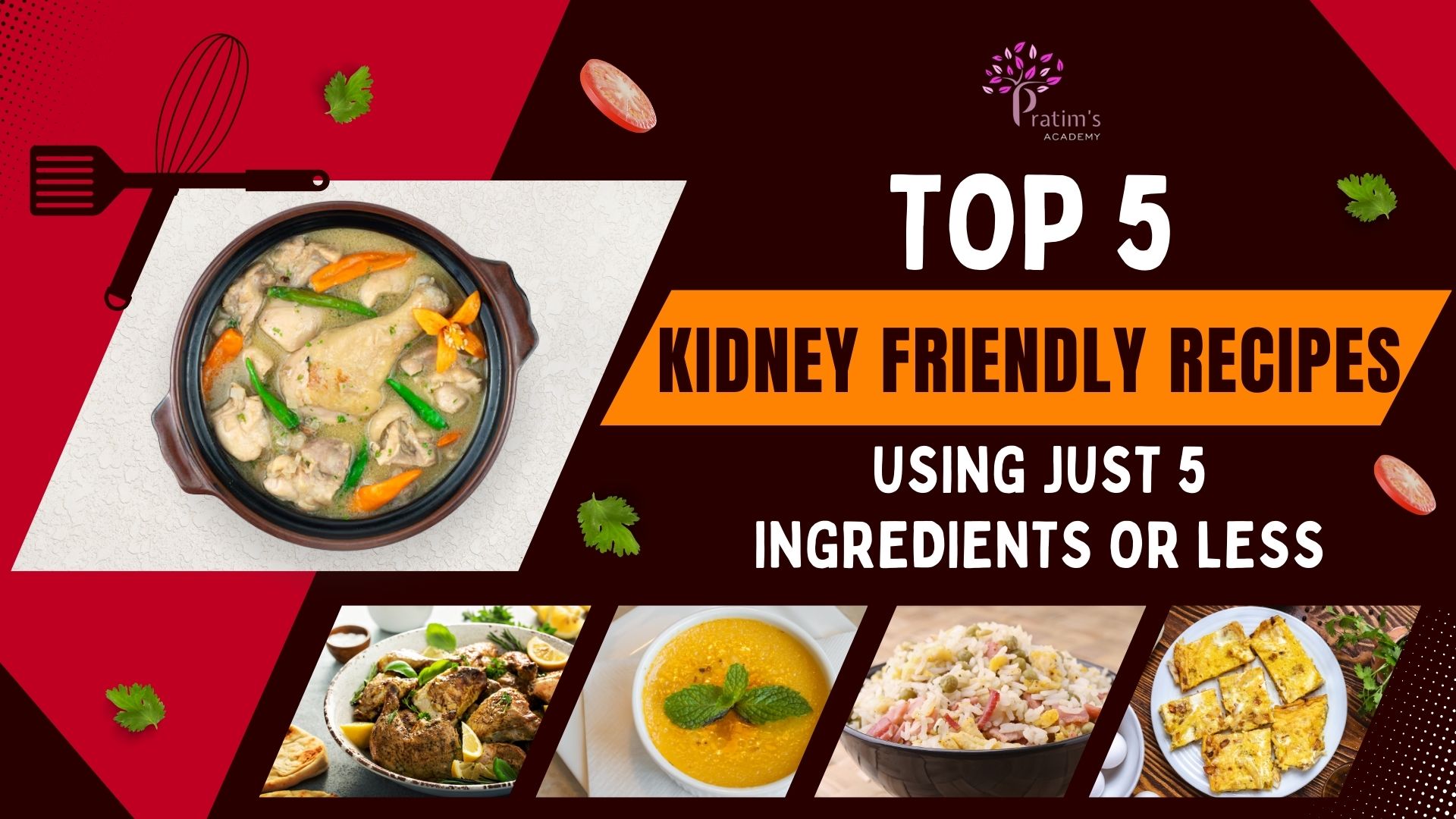

2023-10-04 04:11:24
Paresh Chandra barman
Hyperkalemia